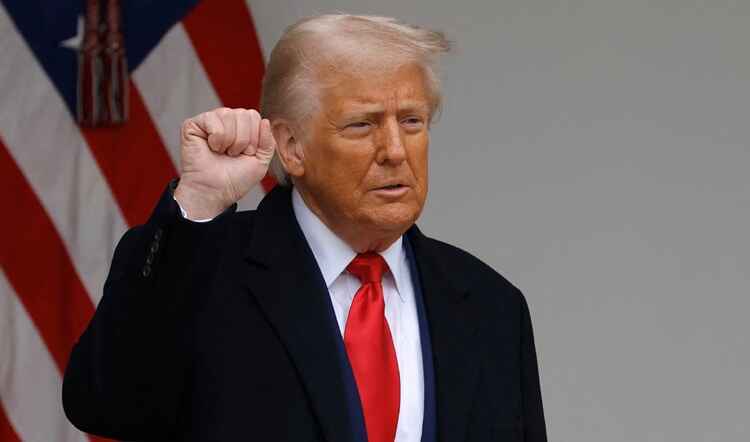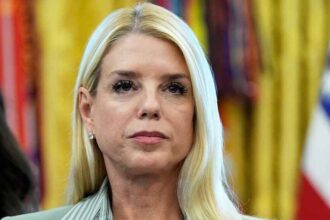The Trump administration has begun terminating some of the final remaining humanitarian aid initiatives in the Middle East. This decision, which affects programs run by the World Food Program (WFP) and other vital partners, marks a sharp pivot in U.S. foreign aid policy, according to reports from a U.S. official and a United Nations representative.
The Associated Press confirmed Monday that the termination notices were sent to various aid organizations. The shutdowns were ordered “for the convenience of the U.S. Government,” and directed by Jeremy Lewin, a senior figure under Trump adviser Elon Musk at the Department of Government Efficiency.
Lewin is currently leading the effort to dismantle the U.S. Agency for International Development (USAID).
Over the past week alone, around 60 termination letters were issued. These included several significant contracts with the World Food Program, the largest international provider of food assistance.
WFP operations in Lebanon, Jordan, and Syria were reportedly among the hardest hit, according to a U.N. source based in the region.
The impact stretches beyond just the Middle East. Humanitarian operations in Yemen, Somalia, Afghanistan, and Zimbabwe—nations still grappling with conflict, famine, and displacement—were also affected. The aid that is being withdrawn includes access to basic essentials such as food, clean water, medical services, and shelter for displaced populations.
Previously, the Trump administration had stated its intention to safeguard critical, life-preserving programs. However, these latest terminations contradict those assurances and further the administration’s agenda of scaling back foreign aid.
The administration has already scrapped thousands of USAID contracts since launching efforts to wind down the agency. It has criticized the organization for alleged inefficiencies and for supporting what it views as left-leaning agendas.
These latest cancellations came as a shock, given that many were among roughly 900 programs Secretary of State Marco Rubio had earlier pledged to protect.
Internal sources say the terminated contracts had survived earlier rounds of cuts and were listed as essential to continue. The Trump administration’s move now puts additional strain on global humanitarian responses at a time of heightened need in war-torn and impoverished regions.
Despite the widespread backlash, there has yet to be any official response from the U.S. State Department regarding the mass cancellations. As of now, aid groups and international partners are left scrambling to assess the damage and seek alternative funding options to keep life-saving efforts afloat.
More: Trump Defends ‘Beautiful’ Tariffs as Global Markets Brace for More Pain








